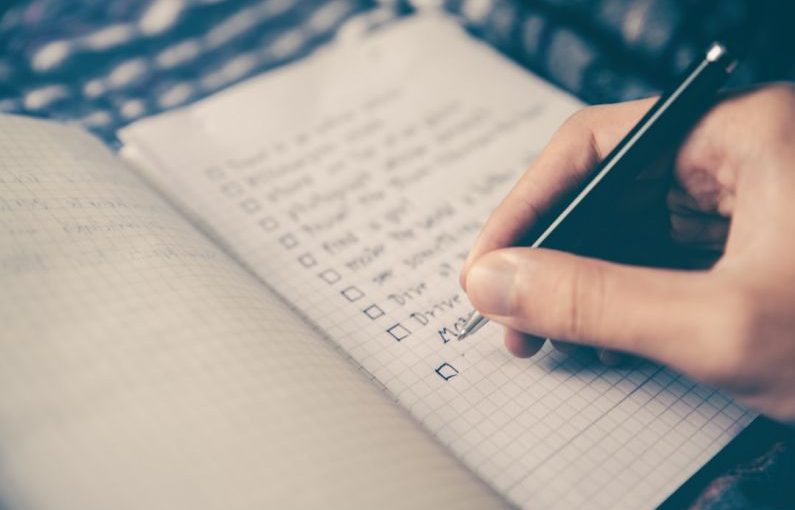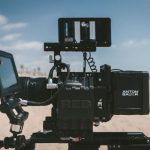Traveling can be an enriching and exciting experience, but without proper financial planning, it can quickly turn into a stressful endeavor. Creating a travel budget is a crucial step in ensuring that your trip goes smoothly and that you can fully enjoy your time away. By taking the time to plan your trip finances, you can avoid unexpected expenses and make the most of your travel budget. Here are some tips to help you plan your trip finances effectively.
Setting a Realistic Budget
Before you embark on your journey, it’s essential to set a realistic budget based on your destination, the duration of your trip, and your personal spending habits. Consider all possible expenses, including transportation, accommodation, meals, activities, and souvenirs. Research the cost of living in your destination to get an idea of how much you’ll need to budget for daily expenses.
Tracking Expenses
Once you’ve set your budget, it’s crucial to track your expenses throughout your trip. Keep a record of all your spending, including receipts and credit card statements. This will help you stay within your budget and identify any unnecessary expenses that you can cut back on. There are many budgeting apps available that can help you track your expenses on the go, making it easier to stick to your budget.
Finding Ways to Save
There are many ways to save money while traveling without sacrificing the quality of your experience. Look for deals on flights and accommodation, travel during the off-peak season, and consider using public transportation instead of taxis. Opt for budget-friendly activities and dining options, and avoid expensive tourist traps. By being mindful of your spending and looking for ways to save, you can make your travel budget go further.
Emergency Fund
No matter how carefully you plan your trip finances, unexpected expenses can still arise. It’s essential to have an emergency fund set aside to cover any unforeseen costs, such as medical emergencies or last-minute changes to your travel plans. Aim to save at least 10% of your total budget as an emergency fund, and keep it separate from your daily spending money.
Currency Exchange
If you’re traveling to a country with a different currency, it’s important to plan ahead for currency exchange. Research the exchange rate before you travel and consider exchanging money at your local bank or using a reputable currency exchange service to avoid high fees. It’s also a good idea to carry a mix of cash and credit cards for added flexibility.
Avoiding Foreign Transaction Fees
When using your credit or debit card abroad, be aware of foreign transaction fees that can add up quickly. To avoid these fees, consider getting a travel credit card that offers no foreign transaction fees or a debit card with low international fees. Notify your bank before you travel to prevent your card from being blocked for suspicious activity overseas.
Travel Insurance
Travel insurance is an essential part of any travel budget. While it may seem like an unnecessary expense, travel insurance can protect you in case of trip cancellations, lost luggage, medical emergencies, or other unforeseen events. Shop around for a policy that suits your needs and budget, and make sure you understand what is and isn’t covered.
Packing Wisely
Packing light can not only save you money on baggage fees but also make it easier to move around during your trip. Choose versatile clothing that can be mixed and matched, and pack only the essentials to avoid overpacking. Consider bringing a reusable water bottle and snacks to save money on drinks and meals while on the go.
Conclusion:
Planning your trip finances is an essential part of ensuring a stress-free and enjoyable travel experience. By setting a realistic budget, tracking your expenses, finding ways to save, and being prepared for emergencies, you can make the most of your travel budget and focus on creating lasting memories. Remember to plan ahead, stay flexible, and enjoy the journey!





